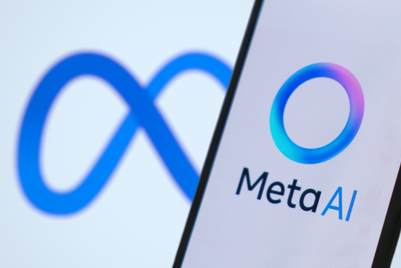
Consumers globally will spend an average of 800 hours using mobile internet devices this year, a figure that translates to 33 straight days and will rise to 930 hours or 39 days by 2021.
That's according to Zenith's fifth annual Media Consumption Forecasts, published today.
Across the 57 countries surveyed, people will spend a collective 3.8 trillion hours using the mobile internet this year, rising to 4.5 trillion hours in 2021, according to the report.
Perhaps of more interest to marketers and agencies in APAC, the report provides 10 years of data on the daily consumption of internet versus television in 11 APAC markets:
Globally, the average amount of time on the mobile internet has risen at an average rate of 13% per year since 2015, when it was 80 to 130 minutes a day. Growth is now slowing, and Zenith forecasts an average of 8% annual growth between 2018 and 2021. Still, mobile internet use will account for 31% of global media consumption in 2021, up from 27% this year.
| See more Top of the Charts |
The company added that television remains the most popular global medium, with average daily consumption of 167 minutes in 2019. That will fall slowly to 165 minutes a day in 2021 and will account for 33% of all media consumption in 2021, down from 35% this year.
The Zenith report adds that total media consumption has risen to eight hours a day: in 2019 it stands at 479 minutes a day, up from 420 minutes in 2013. By 2021 it's expected to hit 495 minutes a day.




.jpg&h=334&w=500&q=100&v=20250320&c=1)




.jpg&h=334&w=500&q=100&v=20250320&c=1)



.jpeg&h=268&w=401&q=100&v=20250320&c=1)
.png&h=268&w=401&q=100&v=20250320&c=1)
.jpg&h=268&w=401&q=100&v=20250320&c=1)

.png&h=268&w=401&q=100&v=20250320&c=1)
.jpg&h=268&w=401&q=100&v=20250320&c=1)
.png&h=268&w=401&q=100&v=20250320&c=1)
